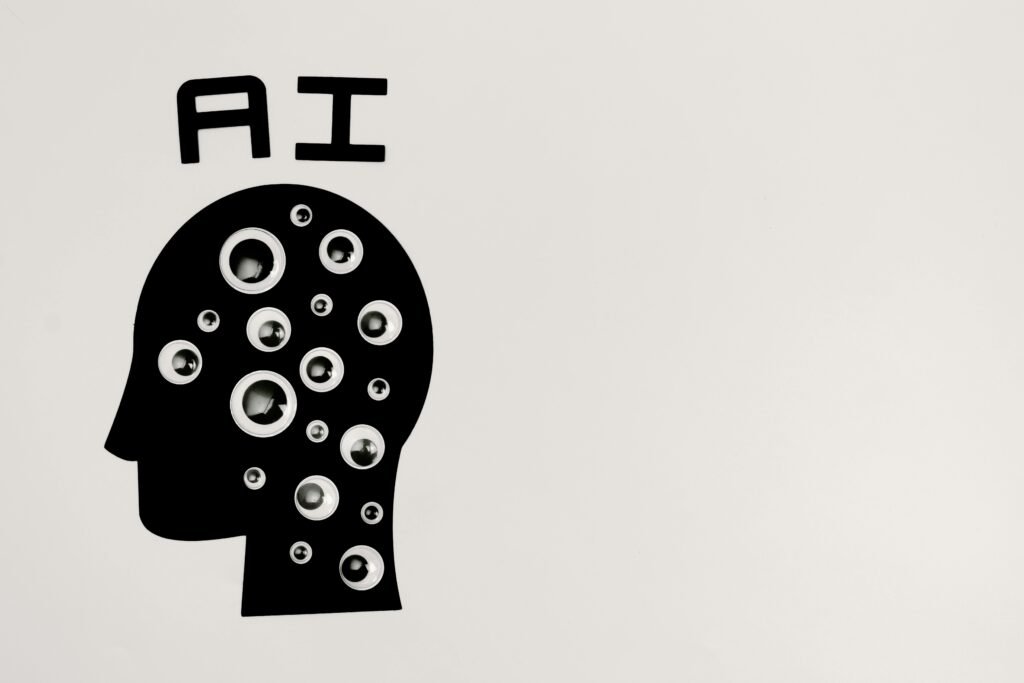How to Thrive in the 2025 AI-Powered Job Market?

Artificial Intelligence (AI) is rapidly transforming the global job market, with significant changes expected by 2025. As businesses and industries adapt to this technological revolution, it’s crucial to understand the potential impacts on employment and prepare for the future workforce.
Job Displacement and Creation
The World Economic Forum estimates that AI could replace approximately 85 million jobs by 2025. However, this disruption is expected to be balanced by the creation of 97 million new roles, resulting in a net positive job growth. This shift highlights the dynamic nature of AI’s impact on employment.
Most Affected Industries and Roles
Several industries and job roles are particularly vulnerable to AI automation:
These positions often involve repetitive tasks that AI can efficiently handle, making them prime candidates for automation.
White-Collar Jobs at Risk
Interestingly, AI is not just affecting blue-collar jobs. Educated white-collar workers earning up to $80,000 annually are also likely to be impacted by workforce automation. This trend marks a significant shift from previous technological revolutions that primarily affected manual labor.
AI’s Economic Impact
Despite concerns about job losses, AI is projected to have a positive effect on the global economy. Goldman Sachs predicts that AI could increase the total annual value of goods and services produced globally by 7%. This growth potential suggests that while some jobs may be displaced, new opportunities will emerge in AI-related fields.
Preparing for the AI-Driven Future
To thrive in an AI-dominated job market, individuals and organizations should focus on:
- Lifelong learning and skill development
- Cultivating soft skills that AI cannot easily replicate
- Specializing in areas that complement AI technologies
- Embracing agility and adaptability in career paths
New Job Opportunities
The rise of AI is creating demand for new roles such as:
These positions are experiencing rapid growth, with a 74% annual increase in job postings for AI experts.
The Role of Education and Policy
Educational institutions and policymakers play a crucial role in preparing the workforce for AI integration. Collaboration between academia and industry leaders is essential to develop programs that address the evolving demands of the job market.

Conclusion
While AI will undoubtedly disrupt the job market by 2025, it also presents opportunities for growth and innovation. By embracing lifelong learning, developing complementary skills, and adapting to new roles, workers can position themselves for success in the AI-driven economy.



Disclaimer: This article is for informational purposes only and does not constitute professional advice. The job market and AI technologies are rapidly evolving, and predictions may change. Readers should conduct their own research and consult with career professionals when making decisions about their future employment.














